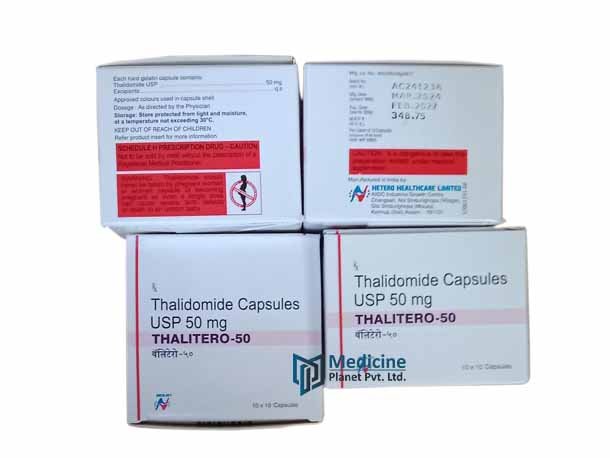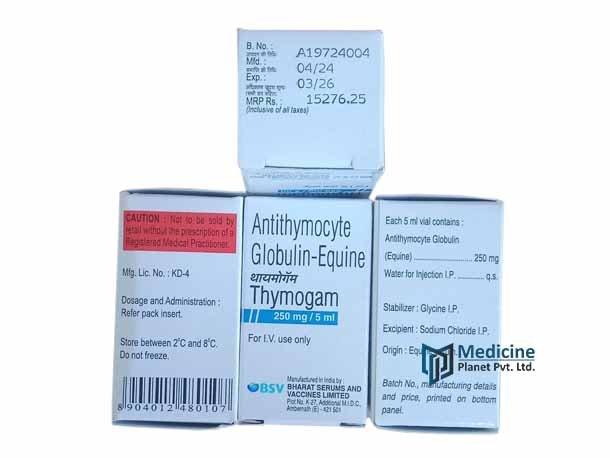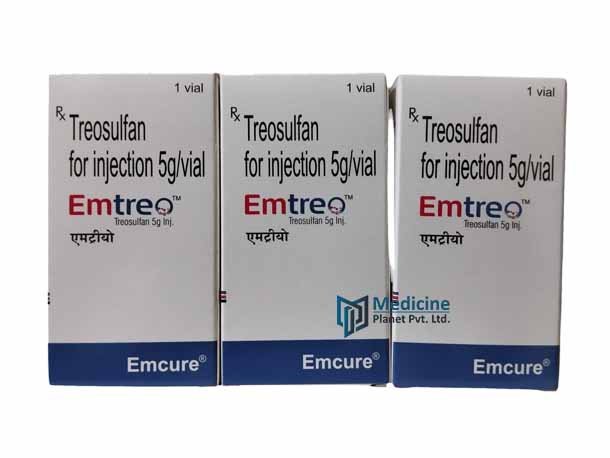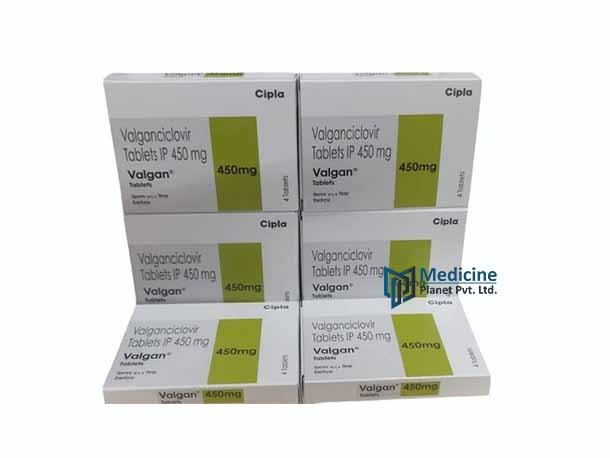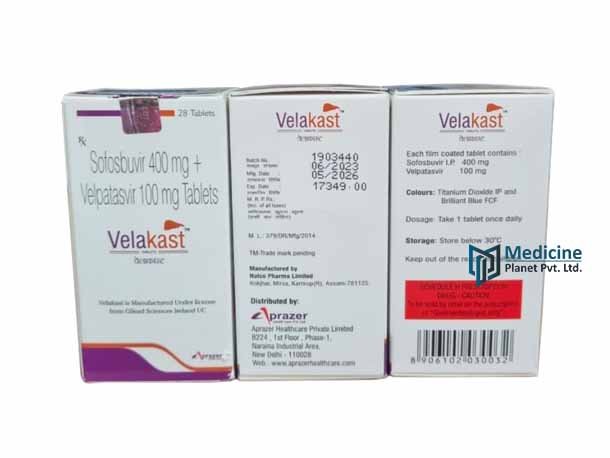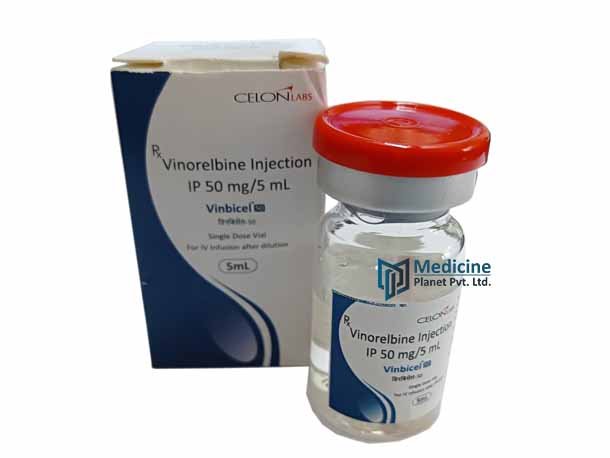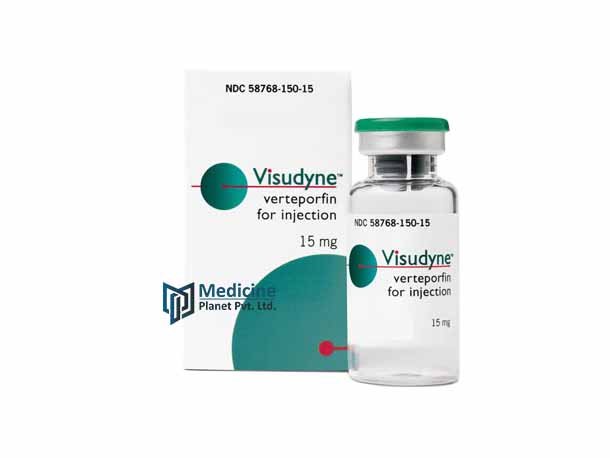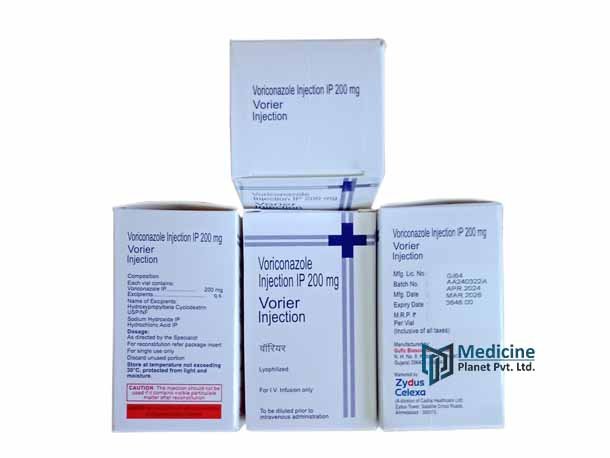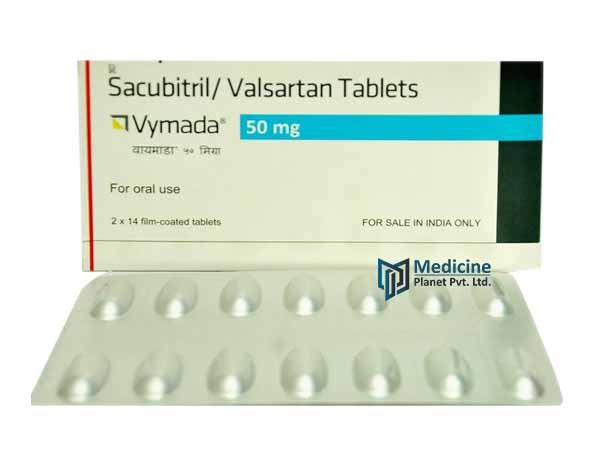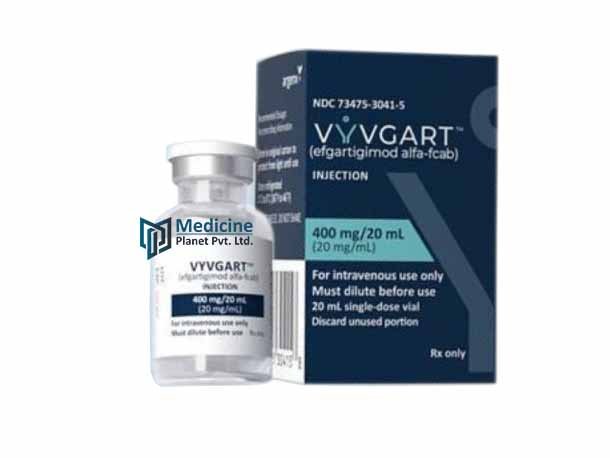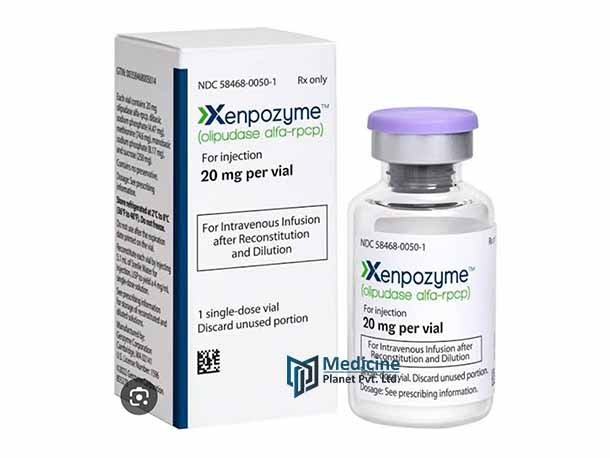Showing 181–192 of 199 results
-
-
Treosulfan
The Method of Administration and Posology
Depending on the blood count and concurrent chemotherapy, 3-8g/m2 i.v. should be administered every 1-3 weeks. Also, no adverse side effects have been seen after single injections of up to 8gm/2 have been administered. Intraperitoneal doses of up to 1.5g/m2 have been administered too. As a bolus injection, up to 3g/m2 doses may be given. Every 5-10 minutes, larger doses of 3g/m2 may be administered as I .v. infusion.
Points to Note
In case the white blood cell count is below 3.000/microlite or if the count of a thrombocyte is less than 100.000/microlite, the treatment should be avoided. If other cytotoxic drugs are being given or radiotherapy is being administered, Treosulfan should be given only in lower doses.
Extravasation into the tissues should be avoided at all costs so that no pain and tissue damage is caused. In the case of extravasation, the medicine should immediately be discontinued and the medicine left should be introduced to a separate vein.
Dosage
As Treosulfan is excreted really, the blood count should be monitored consistently in the elderly and the dosage should be adjusted accordingly. It’s not to be used in children.
Caution
The administration of Treosulfan raises the chances of infection, mycotic, bacterial or viral. There may be contraindications like-
- Patients being hypersensitive to the active substance
- Bone marrow depression that’s severe and lasting
While transfusion, a flawless technique should be used to avoid painful inflammatory reactions.
-
-
-
Velakast Tablet
Velakast tablet fights against the chronic hepatitis C virus (HCV) infection. This tablet is a combination of two antiviral medicines that should be taken as per the doctor’s instructions. Some of the things that you must pay attention to are,
• Kindly share the entire medical history with the doctor or nurse to avoid a mix- up of medicines.
• Do not consume alcohol with the medicine
• Limit the intake or totally avoid alcohol
• Inform the doctor if you are taking any medicines or supplements -
Visudyne 15 mg Injection
Visudyne Injection is a medication that is used in the treatment of eye conditions such as the wet form of macular degeneration.
-
Vorier 200 mg Injection
Vorier 200 mg Injection is an antifungal drug. It contains an active ingredient called Voriconazole. It belongs to the class of medicines called fungal ergosterol synthesis inhibitors. It is used in the treatment of serious fungal infections. It is also used as a preventive measure for people who have undergone bone marrow transplantation.
-
Vymada 50 mg Tablet
Vymada tablet is for patients with chronic heart failure condition. It helps to decrease the risk of death and hospitalization. The doctors usually prescribe this along with other medications for better results. As per your body’s response to the treatment, the doctor may change the dosage and duration. So it is important that you attentively listen and follow the process. There are some important things that you must take care of and pay attention to when under this medication,
- There are a few common side effects with the Vymada tablet like high potassium levels in the blood, dizziness, and cough.
- A helpful tip would be to slowly sit or lie on the bed to avoid sudden dizziness.
- If they continue to bother you regularly, then consult the doctor immediately.
- Inform the doctor if you have been taking any medications for high blood pressure, heart conditions, and kidney or liver disease
- Cooperate when the medical team asks for regular blood pressure checks and kidney function
- Do not stop the dosage even if you feel better. Continue it for as long as the doctor has prescribed to do so.

